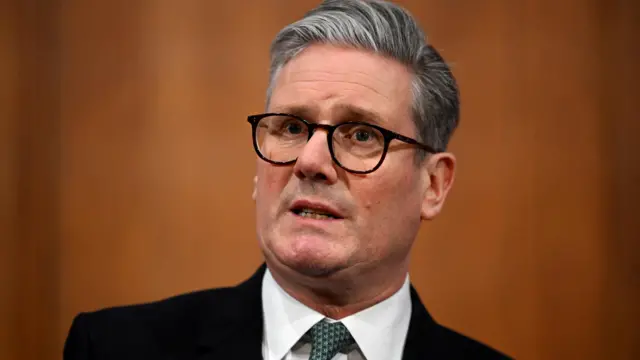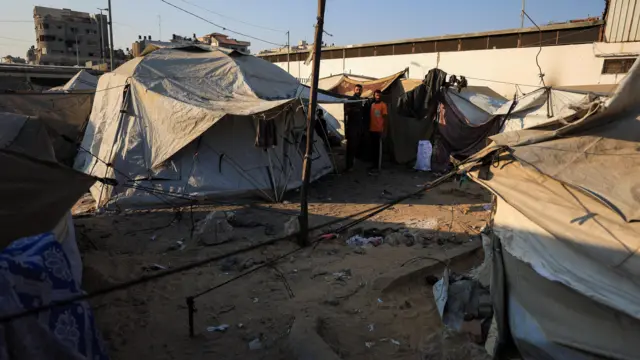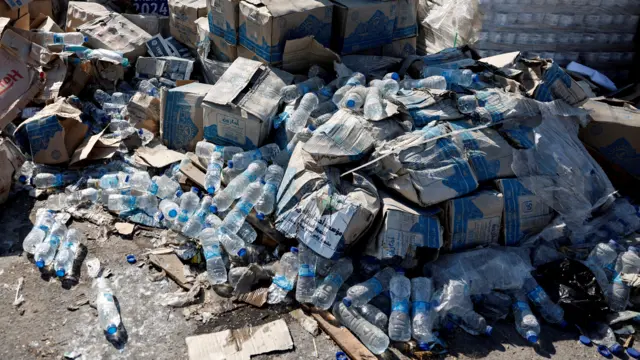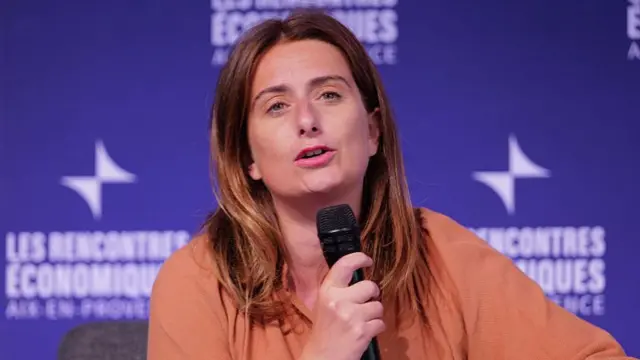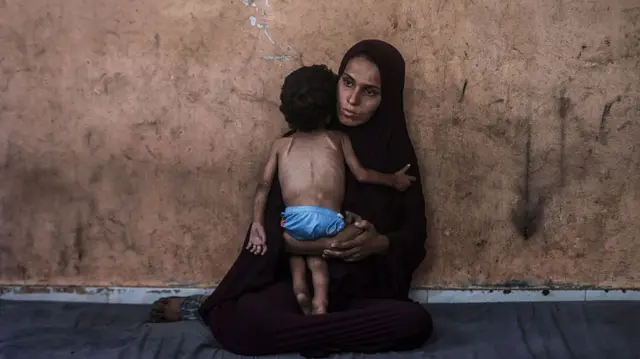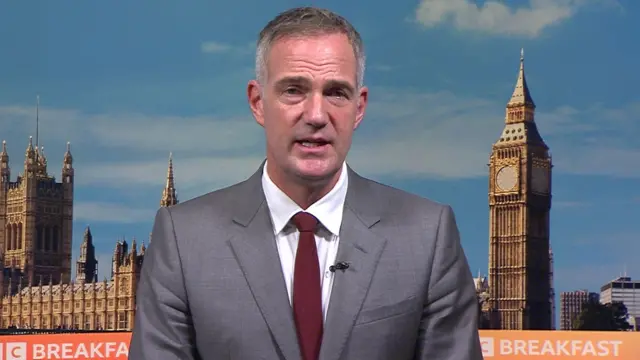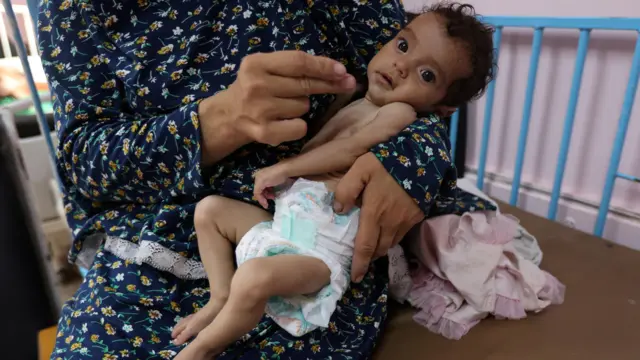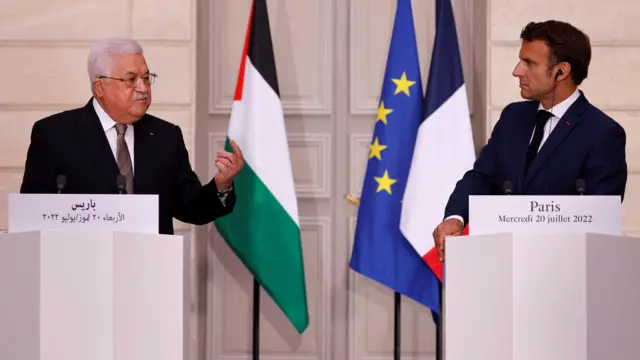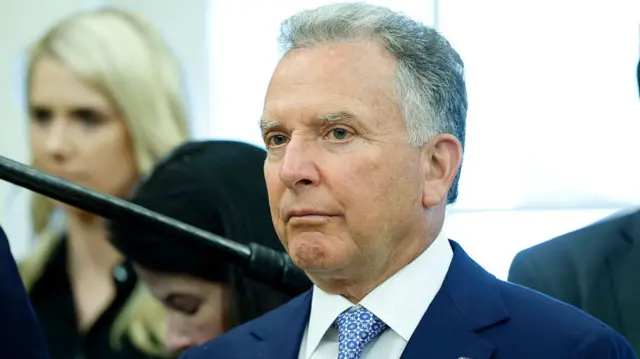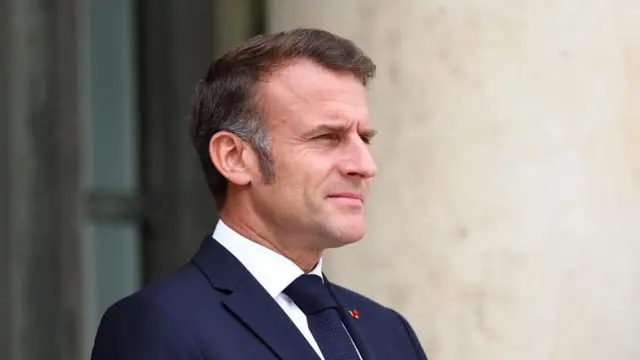France is EU's most influential state so far to recognise Palestinian statepublished at 11:09 BST 25 July
 Paul Kirby
Paul Kirby
Europe digital editor
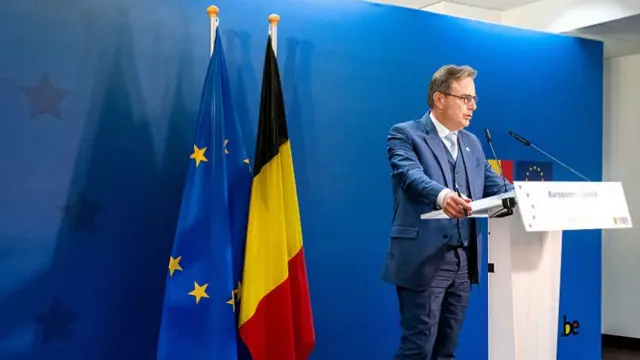 Image source, AFP
Image source, AFPBelgium's Bart de Wever said recently he didn't see recognition of a Palestinian state as a sensible step
As a permanent member of the UN Security Council and part of the G7, France carries considerable weight diplomatically on the Middle East, far more than other EU countries that have already recognised a Palestinian state.
The EU's other major Western power, Germany, believes recognition should come only at the end of peace negotiations with Israel on a two-state solution.
Sweden, Spain, Ireland and Slovenia are so far the only EU member states to have made the move while being part of the EU, so President Macron's announcement is significant. Several other European states did so in the 1980s, including Poland and Hungary during the communist era.
Belgium, which has been one of Europe's most vehement critics of Israel during the war with Hamas, is weighing up the issue and will reportedly come to a decision in early September.
Belgian Prime Minister Bart De Wever said in May that he personally didn't think it was a sensible step as it would mean recognising a state when "you can't tell what its borders are, who the authority is and therefore who to talk to as a partner".



